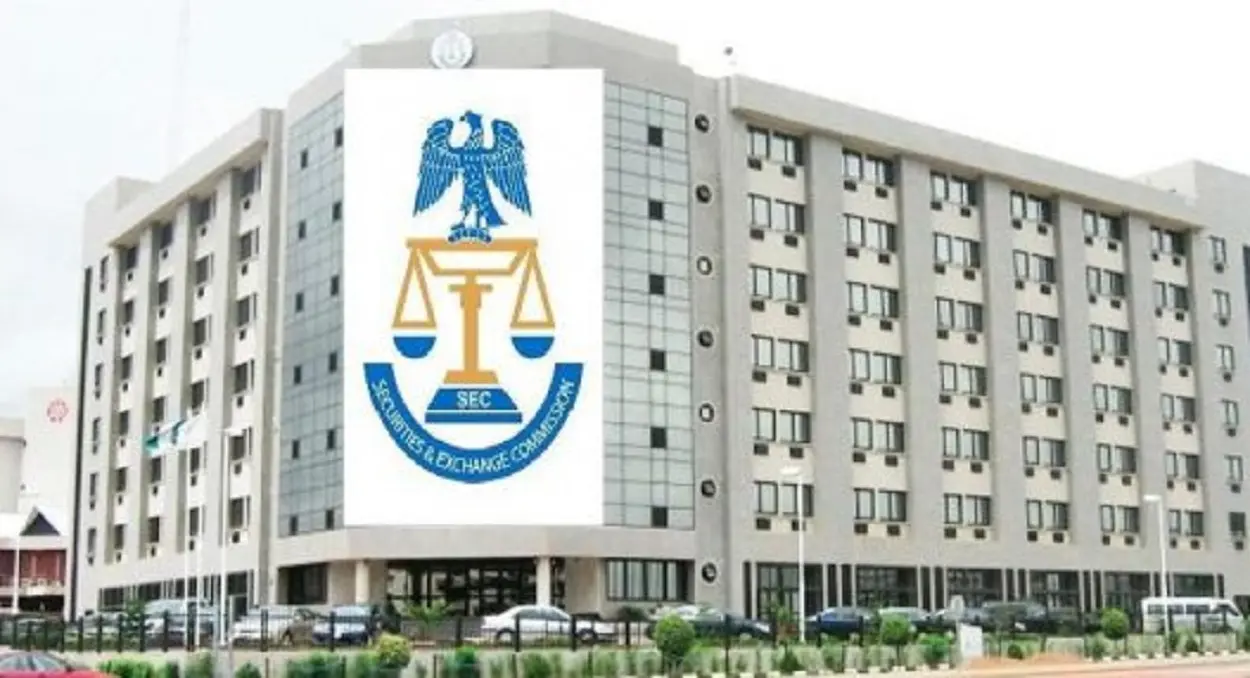The Federal Government has announced a shift in its aviation policy, opting to focus on strengthening local airlines rather than pursuing the creation of a national carrier.
This new direction was disclosed by the Minister of Aviation and Aerospace Development, Festus Keyamo, at the launch of a book titled “100 Years of Civil Aviation in Nigeria: History, Issues and Prospects”, authored by veteran aviation journalist Wole Shadare.
Keyamo emphasised that President Bola Tinubu’s administration is committed to creating a more supportive environment for domestic airlines, aiming to enhance their capacity and competitiveness within the aviation sector.
He said, “Recent policy reforms, including revised insurance regulations for leased aircraft, have made aircraft acquisition easier and are expected to help bring down airfares across the country.
“Our focus has shifted,” Keyamo stated. “We are now committed to promoting the growth of local operators through targeted policies.”
Keyamo further noted that the government is actively working to improve the aviation sector through the training and retraining of air traffic personnel, curbing revenue leakages, and boosting operational efficiency.
He also announced that nearly all foreign airlines operating in Nigeria are now adhering to the government’s directive to source in-flight catering services locally, a move aimed at promoting indigenous businesses.
Keyamo, announced plans for a smart airport pending presidential approval and criticized the outdated state of the old terminal at Murtala Muhammed International Airport, calling for a complete rebuild.
At the same event, FAAN Managing Director, Olubunmi Kuku, noted significant industry growth, citing 39 certified airlines, 31 airports, and over 2,100 licensed pilots in Nigeria.
The FAAN MD highlighted that Nigeria’s aviation sector contributes around $1.7 billion to the nation’s GDP.
She acknowledged existing challenges, including aging infrastructure, regulatory constraints, and limited financing, but urged investors to see these issues as opportunities for strategic investment and sectoral growth.
She said, “Nevertheless, this journey has not been devoid of turbulence. Upon Nigeria’s attainment of independence in 1960, we were faced with a pivotal question: How could we convert colonial-era infrastructure into a sovereign aviation powerhouse? Our national carrier, Nigeria Airways, emerged as a response, yet it soon faced challenges stemming from mismanagement and operational inefficiencies. By the early 2000s, we found ourselves at a crossroads—adapt or risk obsolescence.
“This juncture precipitated a remarkable transformation. The private sector took the initiative, introducing fresh capital, contemporary management practices, and a competitive spirit. Companies such as Air Peace and Arik Air did not merely fill the void—they revolutionised our aviation landscape. The current figures sum up this transformation: 39 certified airline operators, 31 airports nationwide, over 2,100 licensed pilots, a workforce comprising thousands, ranging from engineers to air traffic controllers.
“Nigeria has emerged as a testament to the efficacy of market-driven solutions. Our aviation sector now contributes approximately $1.7 billion to our GDP. Private airlines are connecting our cities with unprecedented efficiency, and international carriers increasingly regard Nigeria as a critical market. Last year, over 16 million passengers traversed our domestic terminals, while international passenger numbers exceeded 3.5 million. These figures are indeed impressive, yet there remains substantial potential for growth.”
Meanwhile, Shadare, the author of the commemorative book, described it as a comprehensive 25-chapter account that explores the evolution, challenges, and future of Nigeria’s aviation sector over the last 100 years.
He emphasized that the book is a vital resource for scholars and industry professionals.











